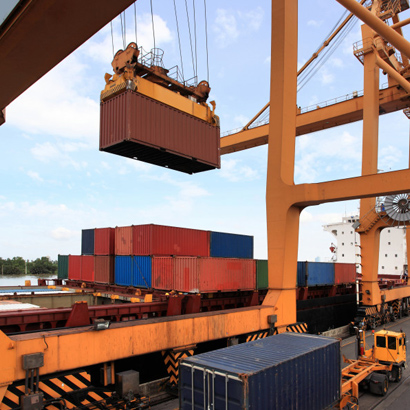The trucking sector plays a crucial role in the global supply chain by facilitating the long-distance transportation of commodities. However, the demanding nature of truck driving, coupled with the need for strict adherence to safety and compliance regulations, makes it a challenging field.
Ensuring safety and compliance not only protects the drivers but also the general public and the integrity of the transported goods. This blog provides essential tips for truckers to maintain safety and compliance in their operations.
Prioritize Vehicle Maintenance:
A well-maintained truck is fundamental to safe driving. Regular checks and timely repairs of critical components like brakes, tires, lights, and engines can prevent accidents on the road. Pre-trip and post-trip inspections should be part of every trucker’s routine, ensuring that any potential issues are addressed before they lead to bigger problems.
Manage Driving Hours Wisely:
Fatigue is a significant risk factor in trucking accidents. Adhering to hours-of-service regulations is not just a legal requirement but a critical safety practice. Truckers should plan their schedules to include adequate rest breaks and avoid pushing beyond their limits. Utilizing electronic logging devices (ELDs) can help drivers monitor their driving hours accurately and stay compliant with regulations.
Use Technology for Enhanced Safety:
Modern technology offers various tools that can enhance road safety for truckers. GPS for efficient route planning, dash cams for recording road conditions, and collision avoidance systems can all contribute to safer driving practices. Embracing these technologies can help truckers navigate roads more safely and efficiently.
Secure Cargo Properly:
Improperly secured cargo can lead to accidents by shifting weight or falling off the truck. Truckers should ensure that all cargo is secured according to industry standards before starting their journey. Understanding the specifics of cargo securement for different types of loads is essential for preventing accidents related to cargo spillage or imbalance.
Stay Healthy on the Road:
Long hours on the road can take a toll on a trucker’s health, which in turn can affect driving performance. Maintaining a healthy diet, staying hydrated, getting regular exercise, and ensuring sufficient sleep are vital. Truckers should also have regular health check-ups to monitor any conditions that could impair their driving ability.
Practice Defensive Driving:
Defensive driving is key in preventing accidents. This includes maintaining a safe distance from other vehicles, being aware of blind spots, adjusting speed according to road conditions, and being vigilant of the behaviors of other drivers. Anticipating potential hazards and being prepared to react appropriately can significantly reduce the risk of accidents.
Keep Communication Lines Open:
Effective communication with dispatchers and other relevant parties is crucial for safe and compliant trucking operations. Truckers should regularly update their status and report any issues that might affect their delivery schedules or safety on the road. Open lines of communication can also ensure that truckers receive timely support in case of emergencies.
Final Words
Safety and compliance in trucking are not just regulatory requirements but are essential for the protection of truckers, the public, and the freight they carry. So, if you are looking to know more then you can get in touch with Pioneer Trucking Solutions now.







